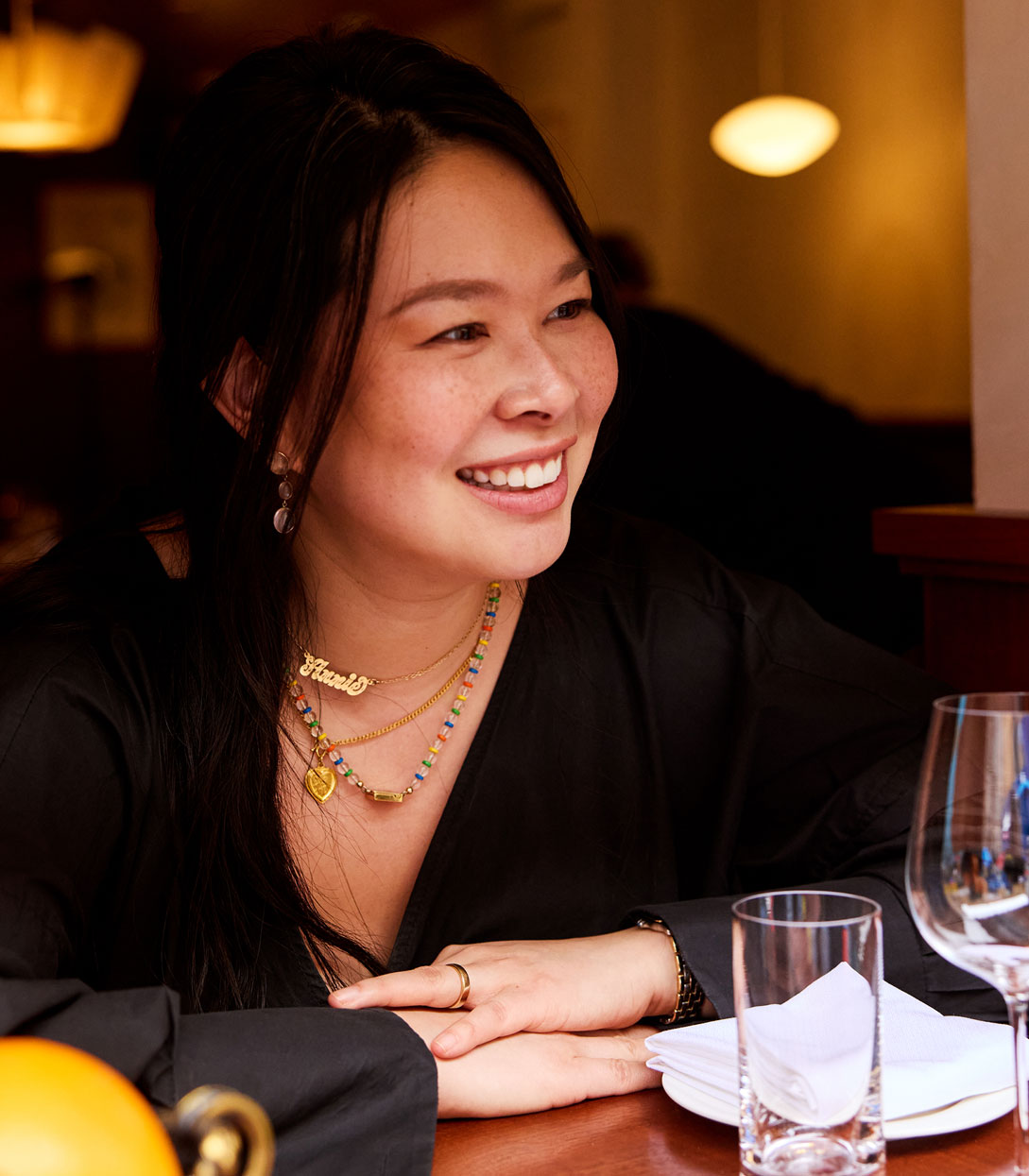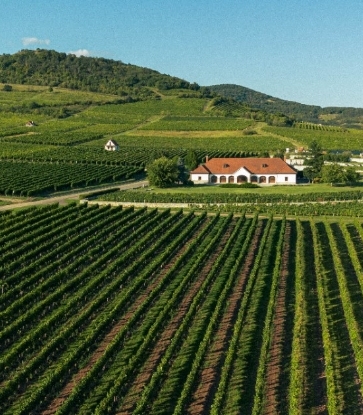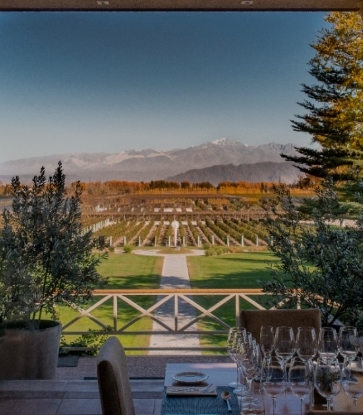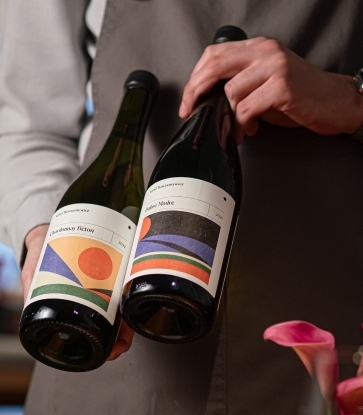The Master Sommelier (MS) certification, which is accorded by the London-based Court of Master Sommeliers, was set up to boost the quality standards of beverage service in hotels and restaurants. The Master Sommelier diploma comprises four stages that culminate in a three-part exam that covers theoretical knowledge, practical tasting and service. There are more than 240 master sommeliers worldwide.
While the Master Sommelier qualification is geared towards beverage service, the Master of Wine centres on testing for a wide and deep knowledge of the wine industry. Awarded by The Institute of Masters of Wine in London, the Master of Wine (MW) certification has a three-part examination, comprising theory and practical components and a research paper. The theory papers touch on a comprehensive range of topics that vary from viticulture and vinification to the business of wines and current trends in the wine industry. Today, there are more than 380 Masters of Wine, including Lisa Perrotti-Brown, editor-in-chief of Robert Parker Wine Advocate.
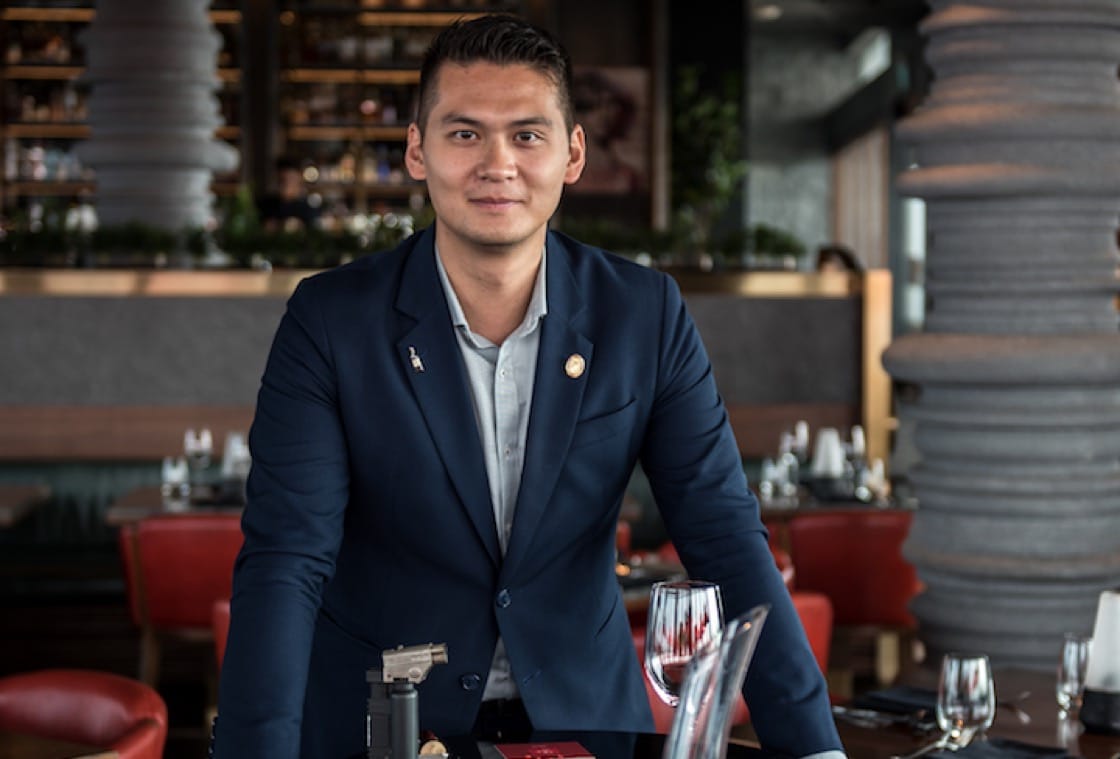
Wine connoisseurs can find out more about the intricacies between a Master Sommelier and Master of Wine at a charity dinner hosted by Mathias Camilleri, who is Singapore’s first master sommelier and Ce La Vi Singapore's head sommelier, and Fongyee Walker, who is a specialist wine educator, wine consultant and a co-founder of Dragon Phoenix Wine Consulting in Beijing.
Camilleri took three years to complete his Master Sommelier certification, which he passed in 2017. A former budding musician, he transited into the wine world after a memorable experience with a glass of Riesling Egön Muller Scharzhofberger Spatlese. Walker became the first China-based MW in 2016 after a seven-year attempt. Through achieving the MW, she got a more comprehensive view on the world of wines — from bulk wine production to the marketing and advertising of wine.
The duo will square off in providing wine pairings for a six-course dinner at Ce La Vi in Marina Bay Sands on 22 April. Guests can vote for their favourite pairings of the night. The dinner is held in honour of the late Gerard Basset, a wine legend who was both a Master of Wine and Master Sommelier.
The MICHELIN Guide Digital chats with Camilleri and Walker to find out more about their prestigious wine certifications and wine journeys.
1. What are the key differences between a Master of Wine and Master Sommelier?
Camilleri: The approaches to the two qualifications are different and none is better than the other one. The Master of Wine programme is more academic as compared to the Master Sommelier programme. The Master Sommelier program focuses on the dining experience in restaurants and trains sommeliers to understand, recommend and serve the guests in the most optimal conditions.
Walker: There is a huge difference. The Master of Wine is open to anyone in wine related professions but to get into the Master Sommelier programme, you must be a sommelier with practical experience of working on the floor.
2. What skills or knowledge do you think that you would be better at?
Camilleri: Master Sommeliers have more knowledge and experience on the restaurant service.
Walker: As Masters of Wine, we know much more about the production of wine (viticulture and vinification), the marketing and business of wine and about bulk wines of all sorts.
3. What skills or knowledge you think that the other person would be better at?
Camilleri: I envy a couple of skills that Masters of Wine have. They have a great understanding of vineyards and viticulture techniques, and of the global wine industry. They always manage to express their thoughts on wine with great accuracy. Some of the MWs are the best wine teachers in the world.
Walker: I definitely know much less about other beverages such as water and spirits, wineries, very high-end wine brands and about serving wines.
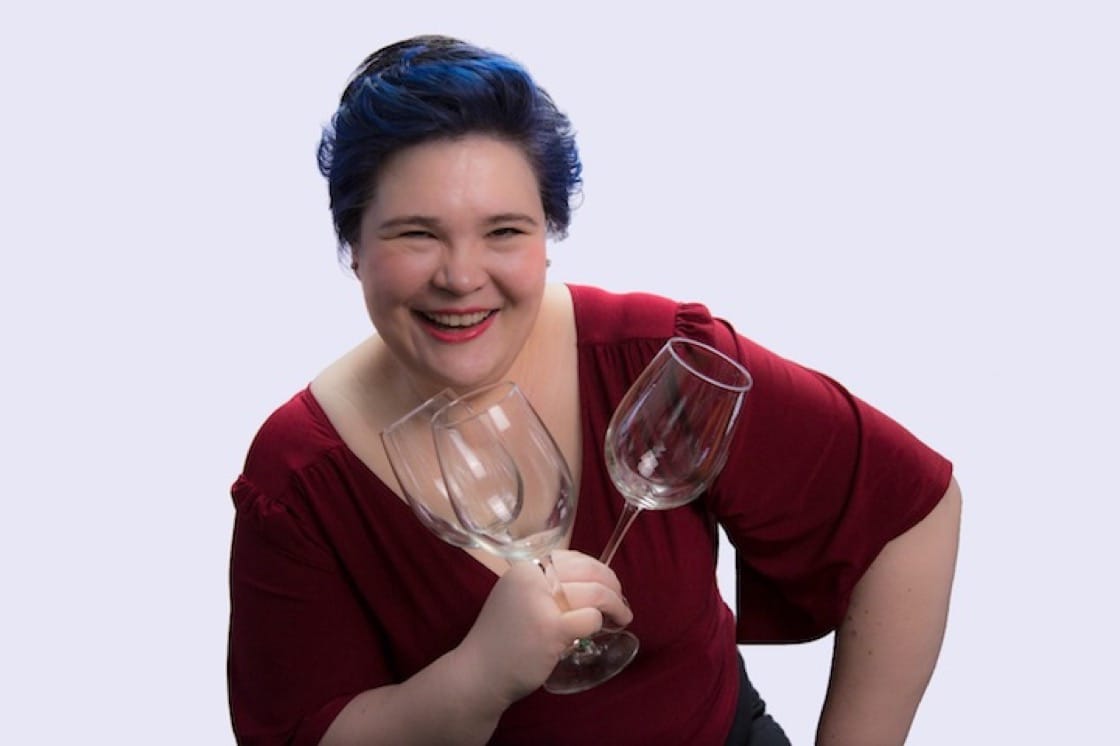
Camilleri: Mental preparation is an essential part to prepare for the exam. You need strong discipline, focus, a consistency in your training to go beyond your limits. I remembered forcing myself to do four or five blind tastings and studying three to four hours a day, despite being sick.
Walker: I ate a lot of ice cream. I was so depressed about dealing with the difficult exam that I needed something comforting.
5. Which wine has made the biggest impact on you?
Camilleri: I had the chance to taste Mouton Rothschild 1945 when I was working in London. Some customers organised an exclusive tasting of Bordeaux wines from a 1945 vintage, which is a historical year for France that marked the end of World War II. Mouton stood out with its freshness. I cannot believe that the wine could possibly be 70 years old. Some of the most incredible wines that I’ve tasted come from Bordeaux.
Walker: I have wonderful childhood memories of my parents drinking Black Tower wine. The bottle was so cool-looking and when I was allowed a sip, I thought that this sweet white wine was lovely.
6. What wine best describes you?
Camilleri: Saint Nicolas de Bourgueil “Les Malgagnes” Domaine Yannick Amirault 2010. I love the story behind “Les Malgagnes” which means difficult wins in French. The wine has a very capricious terroir that faces harvest failure and obstinacy in order to produce some of the best wines made with Cabernet Franc. I see a piece of my achievement in this story. Without failures, I would have not built the strength to reach where and who I am now.
Walker: NV Moscato d’Asti, because I’m all mixed up, very very frivolous and I love to be bubbly and make people smile.
7. What are you future plans and will you try for the other wine qualification?
Camilleri: I genuinely believe in the talent of sommeliers in Singapore. My goal is to contribute to the success of these sommeliers by helping them to pass more exams and to win competitions, in order to establish Singapore as the pinnacle wine hub in Asia. At the moment, I will not have time to invest in the Master of Wine programme, but who knows what may happen in the future?
Walker: I am planning to film more TV projects in Italy about food and wine and the joys of travel. I could never do the MS certification, as I have never worked in a restaurant and I can’t pour a bottle of wine without spilling most of it on myself. My husband doesn’t even allow me to wash glasses as I smash them so easily. I am so clumsy, I could never be a sommelier and I am not patient enough with people either.








